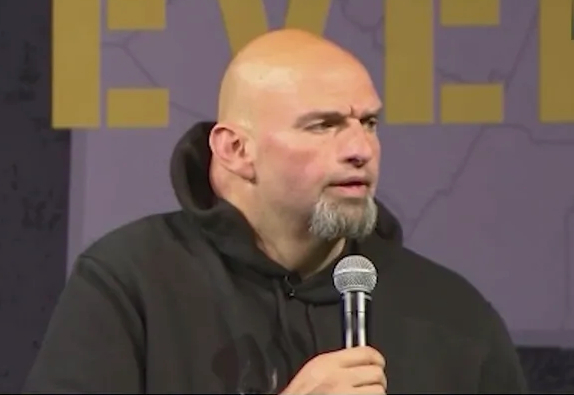Casey Chalk writes for The Spectator about problems related to the diversity, equity, and inclusion business.
The market for DEI in 2020 was estimated to be $7.5 billion, and was projected to reach $15.4 billion by 2026, according to a report from GlobeNewswire. Physicist Brian Nord has dubbed it the DEI industrial complex, given its tendency towards cynical, self-aggrandizing profiteering. And there’s another quality both industrial complexes share besides serving as endless money pits enriching their consultants: an exploitation of fear.
Yet whereas the military-industrial complex preys on fears that the United States is under constant threat from enemies abroad, DEI consultants exploit a different kind of fear: that of being labeled one of those nasty pejoratives, whether racist, bigot, misogynist, homophobe or transphobe. Once that label is affixed to a company or name, you know what comes next: denigration campaigns by corporate media, public protests, and calls for termination.
Yet consider what DEI promoters like Paluck and Zheng are urging companies to do. They recommend tracking the results of training by studying “hiring, promotion and retention of underrepresented workers,” with Zheng going so far as to demand those in hiring be “held accountable for its outcomes.” Paluck suggests “measur[ing] how much minority and female employees are heard in meetings by tracking speech and chat contributions with online meeting software,” which sounds about as intrusive as Soviet spy networks inside factories.
Zheng also recommends more metrics, including every employee’s favorite, workforce climate surveys. Again, what she fails to recognize is that many employees are just as frightened as their bosses. They tiptoe around those who might accuse them of some offense against wokedom. Sure, they’ll attend workshops and repeat the obligatory DEI credos, but how many cisgender whites are voluntarily quitting their jobs so a BIPOC candidate can take their place?


